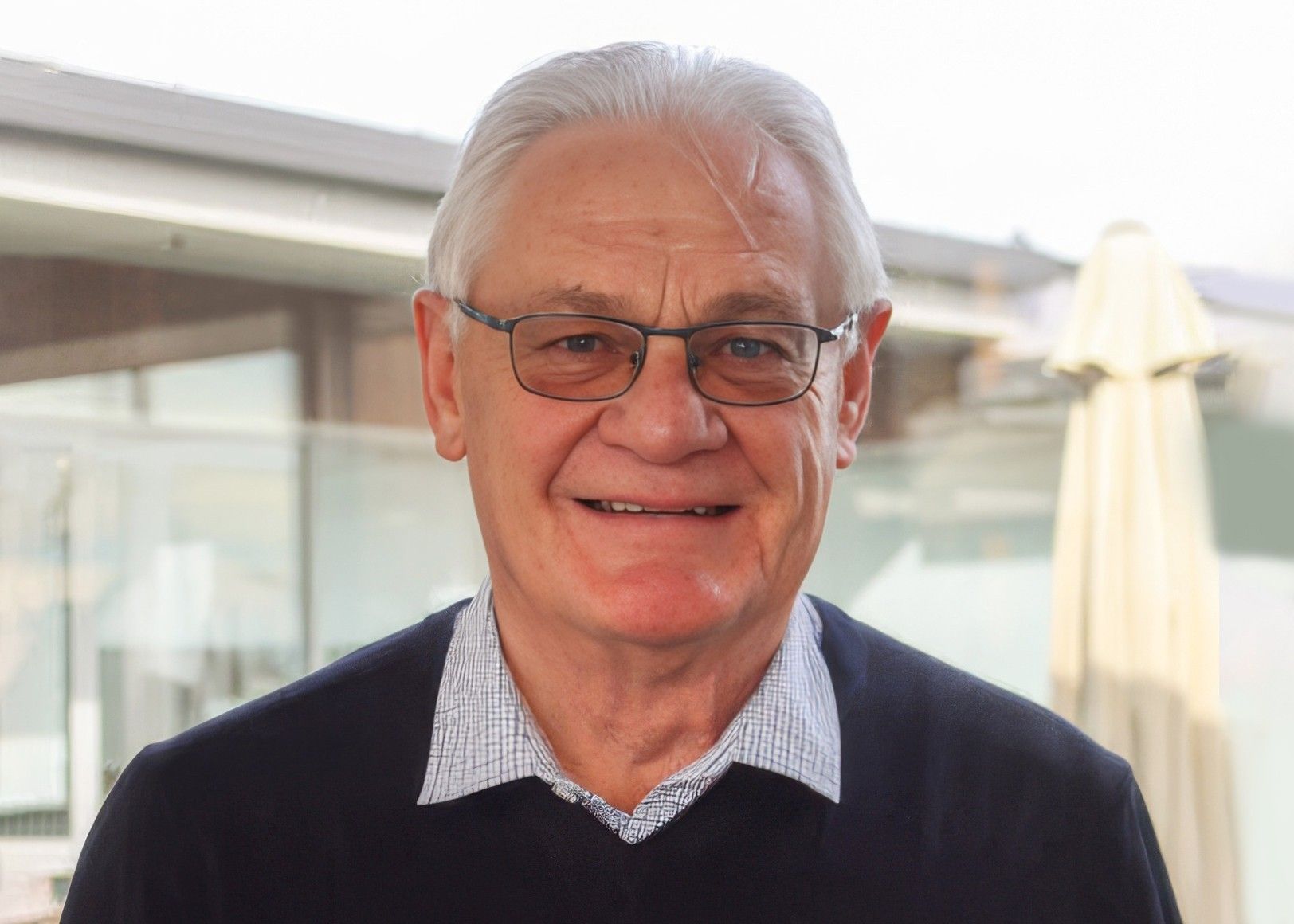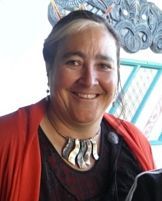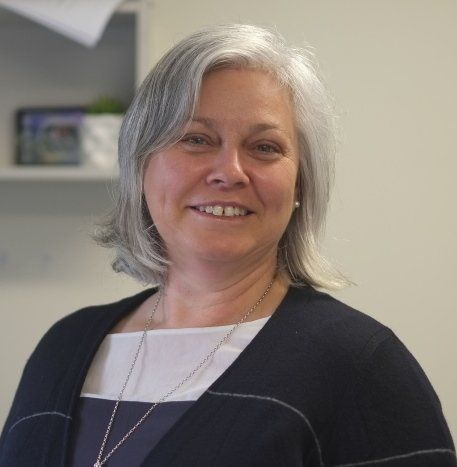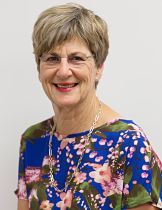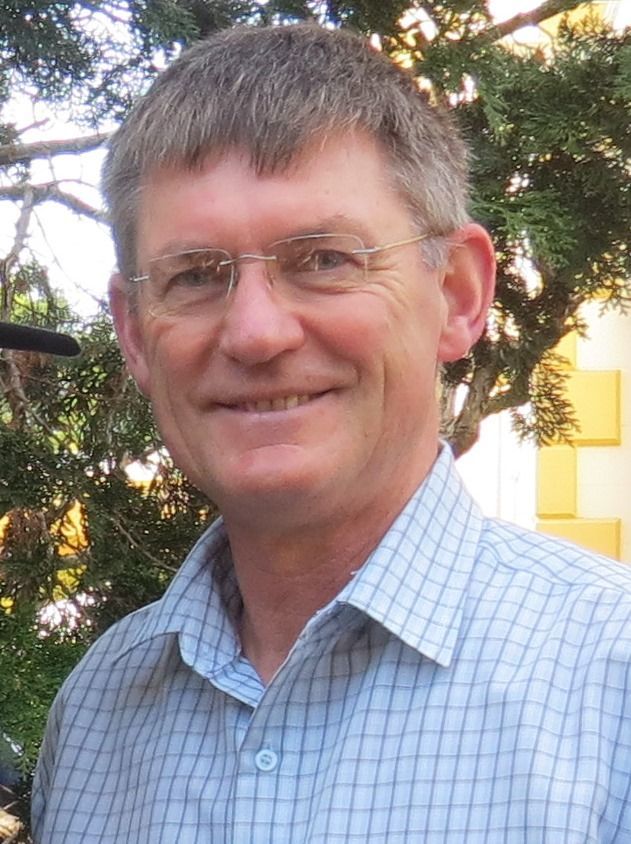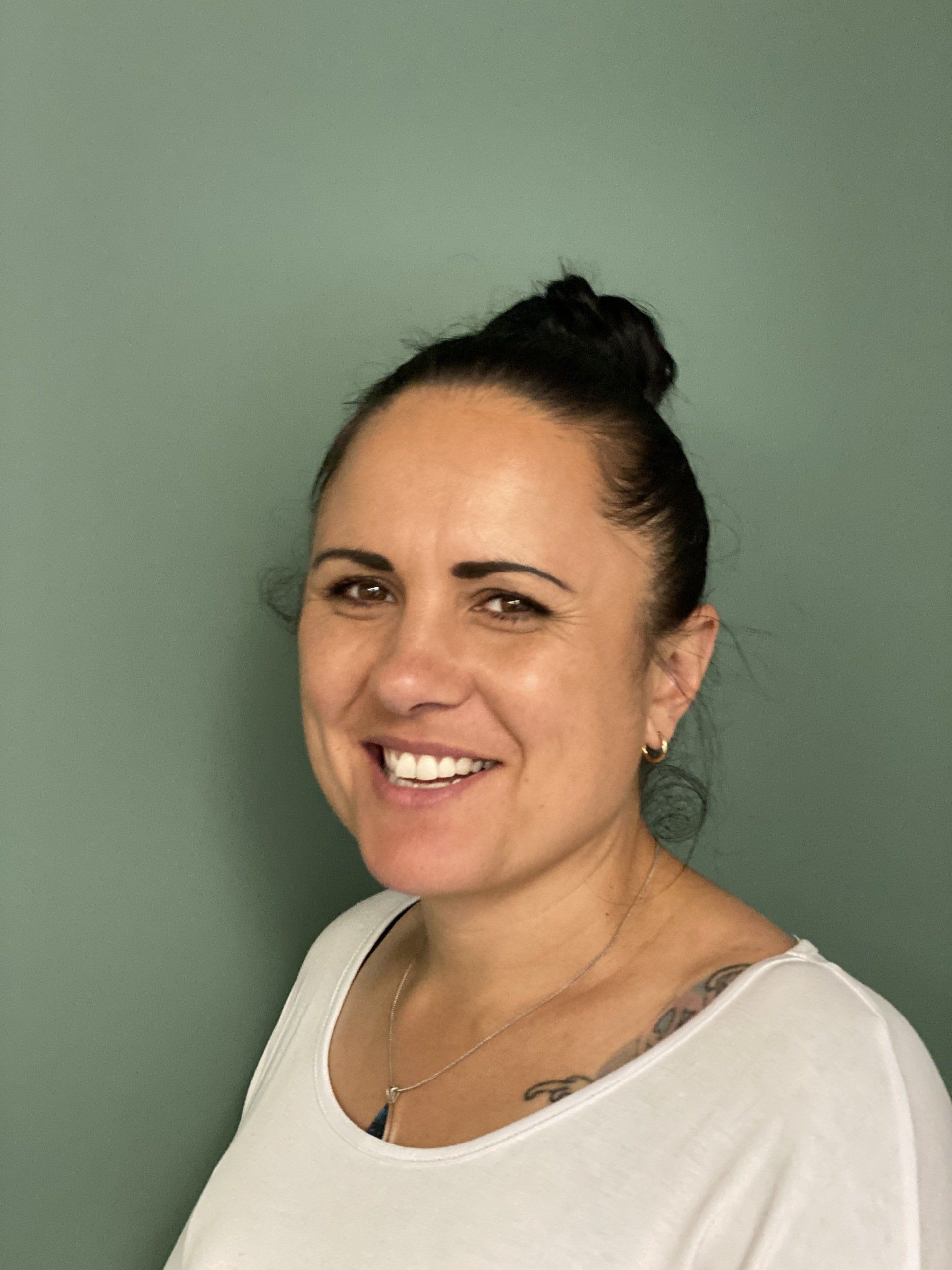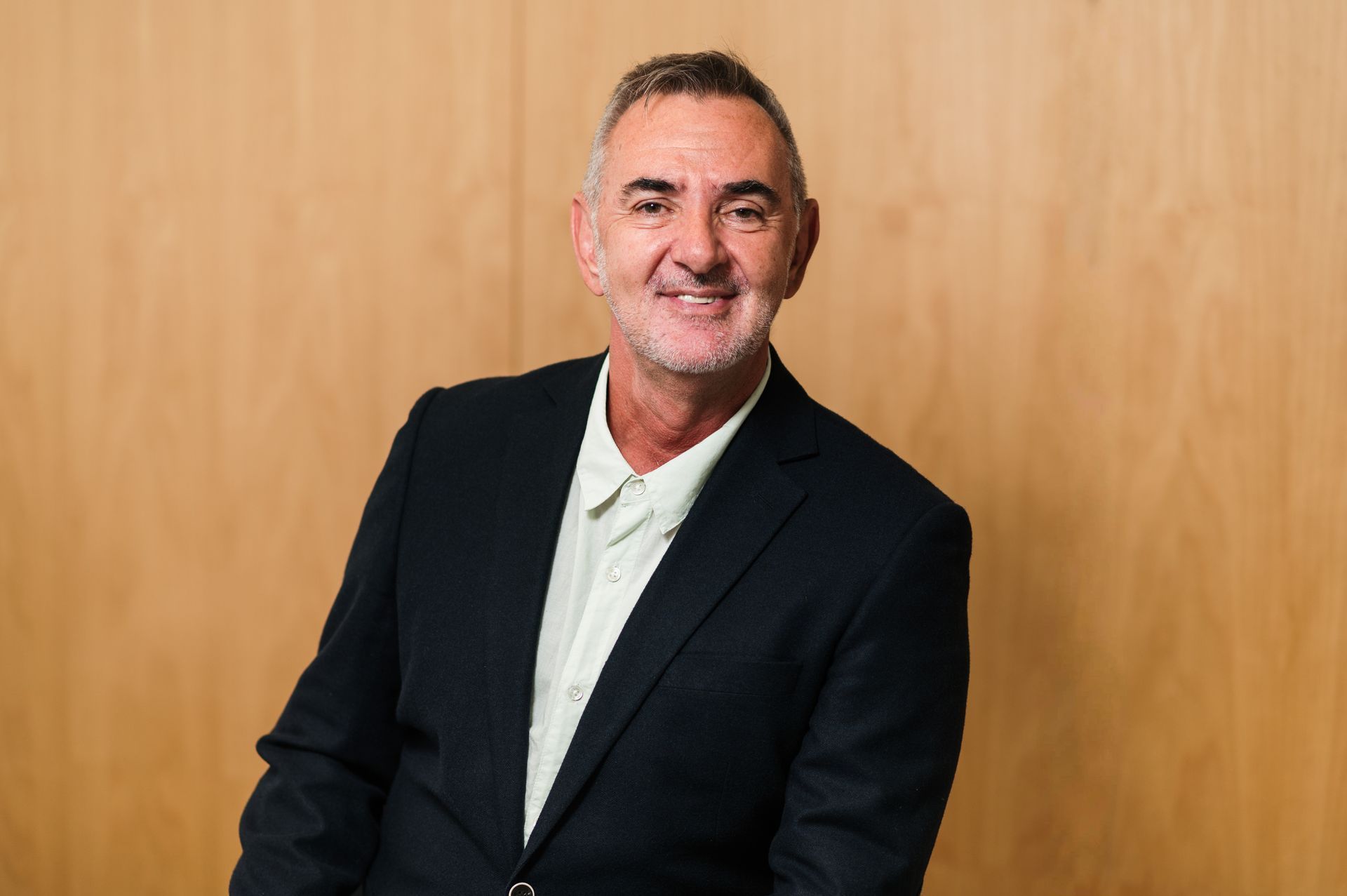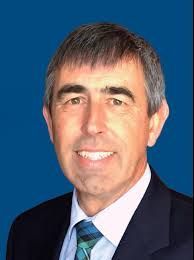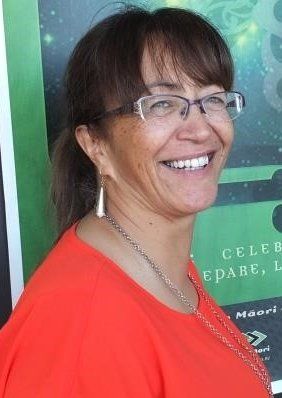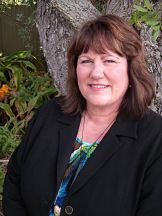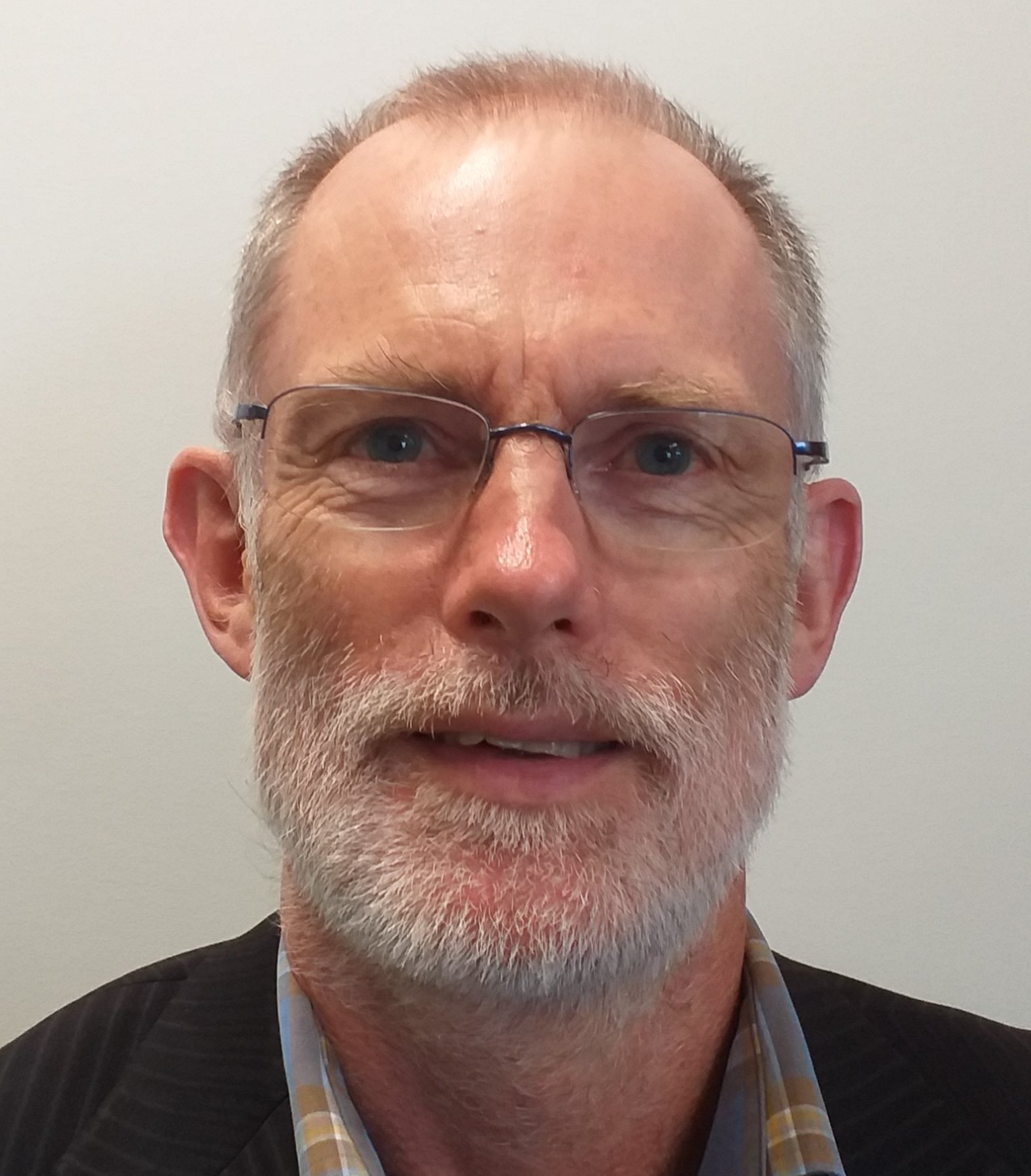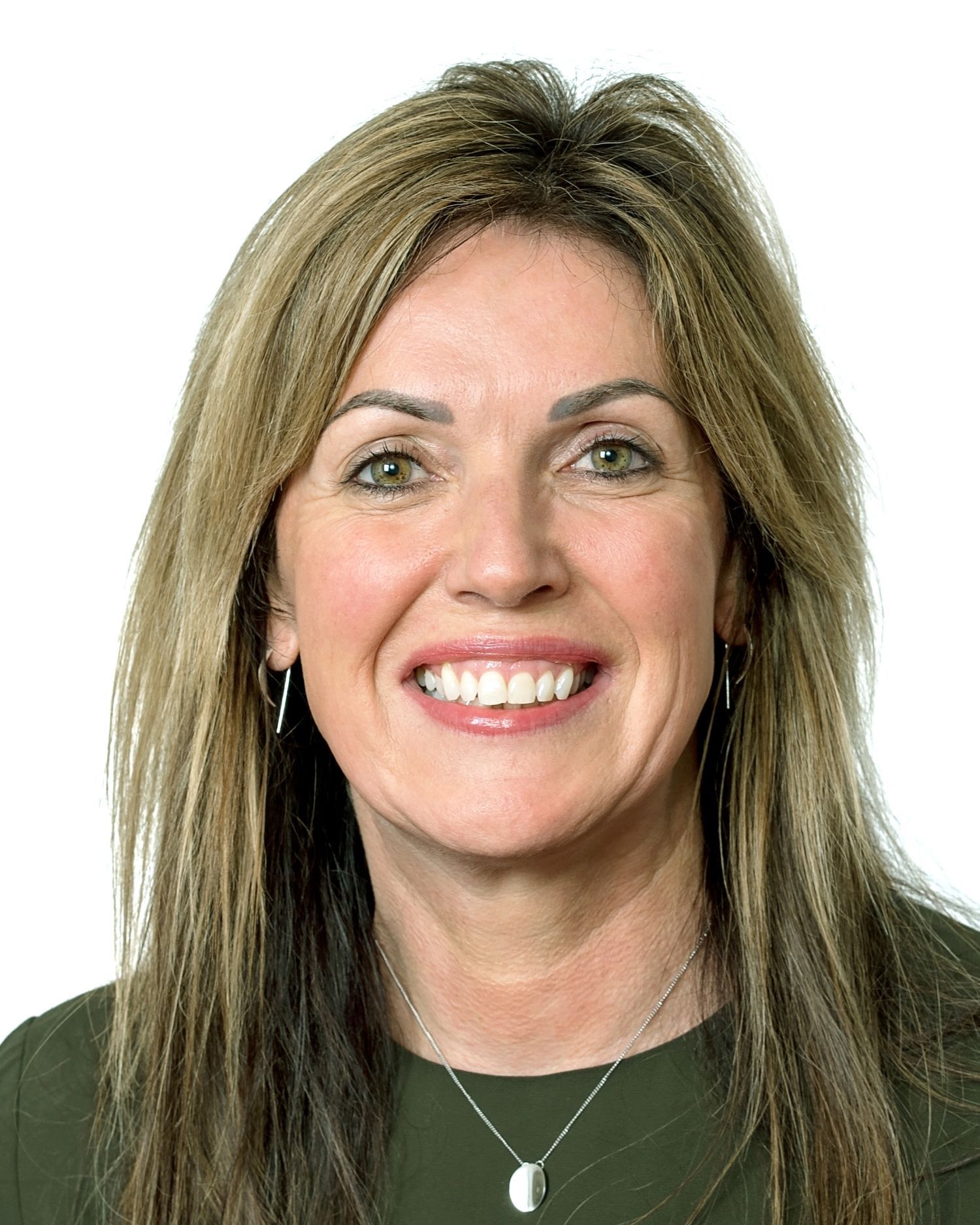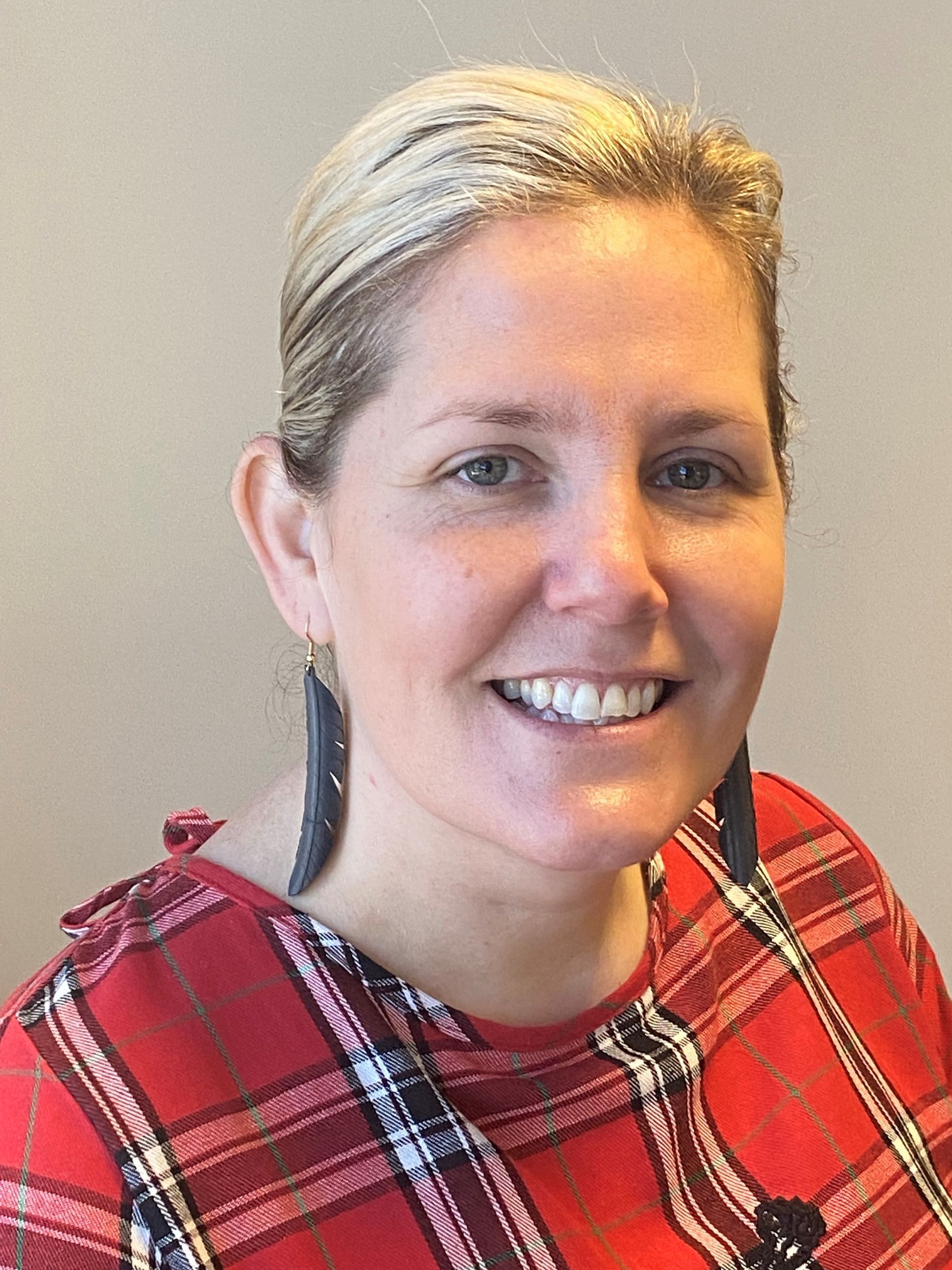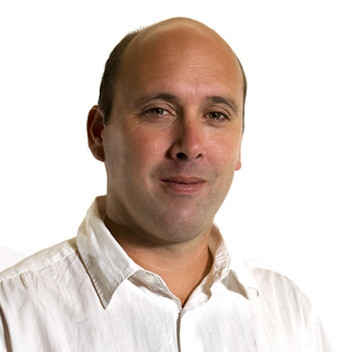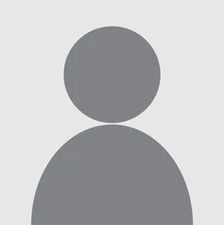THINK Hauora Board and Alliance
View Board and Commitee Members :
Board Members
THINK Hauora Board Members are also Alliance Members who work together to transform health services in the district.
The Alliance
All Board Members are Alliance Members who strive to improve health outcomes for our populations through:
- transforming healthcare services and supporting clinical decision making and the shifting of activities closer to patients;
- making (and assisting the DHB to make) strategic health care decisions on a "whole- of-system" basis;
- providing leadership within our health community;
- assessing the needs of our populations;
- planning health services in our District, to make the best use of health resources;
- balancing a focus on the highest priority needs areas in our communities, while ensuring appropriate care across all our populations;
- establishing Service Alliances to advise on the development, delivery and monitoring of health services;
- monitoring services that fall within the scope of our Alliance Activities; and
- informing our populations and other stakeholders of our performance in achieving our objectives.
